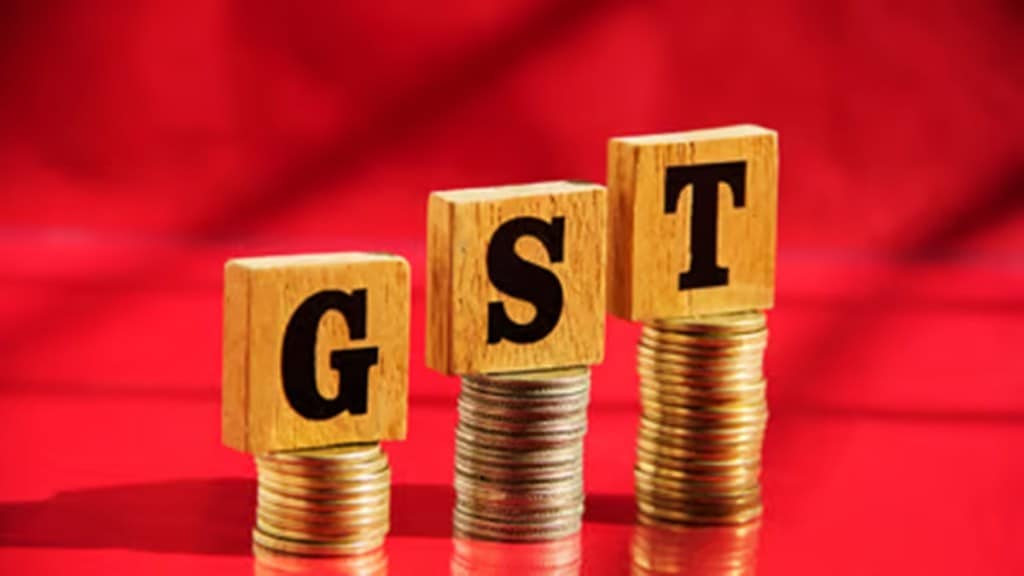The Goods and Services Tax (GST) rate cut could power the commercial vehicle (CV) industry to surpass the all-time high yearly peak in volumes seen in FY19, a senior industry official said at the 65th annual convention of SIAM.
“The industry was expecting a mid-single digit growth for MHCV (medium and heavy) and LCV (light) segments. If everything goes well, this year’s total should surpass that of 2019,” said Shenu Agarwal, managing director and CEO, Ashok Leyland responding to a query from FE.
FY19 saw sales of little over 1 million commercial vehicle units. Since then the industry has struggled to go past that total. FY24 had the best year after that with sales of 0.96 million units. During FY25 the industry clocked volumes of 0.95 million units, a 1% drop year-on-year.
Ashok Leyland, which is the country’s third largest CV maker, is making fresh investments for new capacity creation. The Chennai-based company is increasing the capacity of its fully built buses from 950 units a month to 1650 units a month in April, 2026. It is investing Rs 120 crore at its Alwar and Trichy plants for the enhancement.
The Hinduja group flagship is inaugurating a new plant in November in Lucknow and has also revitalized its plant in Andhra Pradesh.
GST catalyst: Boosting consumption and freight traffic
“This GST reform will touch every sector, every consumer, every business and therefore this will boost consumption and therefore a boost in freight traffic. On one side the cost is lowered and on the other side the end use of the truck is going up,” Agarwal added.
Strategic investments and the replacement opportunity
Besides the incremental demand, the Indian CV market will benefit from the replacement segment as well from the GST cut.
“The average age of the medium and heavy-duty fleet in India is about 10 years and historically it has never been more than 7-8 years. The potential opportunity is to replace 11-12 lakh MHCV trucks,” Agarwal added.
Ashok Leyland announced a partnership with China’s CALB for battery production in India. A plant is scheduled to come up in Tamil Nadu entailing a group investment of Rs 7,500 crore. Agarwal however said that the partnership is not exclusive, allowing the company to explore more such partnerships in this space.
“The partnership with CALB is an open partnership. This is not the only partnership that we will look at. The idea is to learn and have our own R&D centre, the capability, the manufacturing process and the supply chain. This is a long-term approach and not a 2-3 year venture,” Agarwal added.

